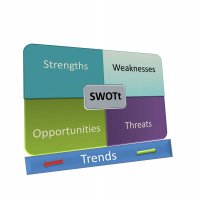In order to secure a job offer, short-listed candidates usually pass through an interview process. The questions is - how good of a process is it? Well truthfully, what we see most commonly is they pass through a series of interviews with an informal processing of the information - but not really a clear process. The problem with non process-oriented interviewing is that it involves considerable subjectivity and activates a whole slew of human biases. Perhaps most important, when the information is processed to discuss the candidate or make a recommendation, memory is typically the most important factor - how reliable is that a week or two later? Using techniques like behavioral interviewing does reduce some of the negative outcomes but does not even come close to eliminating… All kinds of issues irrelevant to job performance can influence your judgment about an interviewee.
There are many causes of false positives- someone who performs great on the interview but then poor on the job (or mediocre). There are also many causes for false negatives when someone is deemed to be not so good in the interview but if hired would be a top performer. Bottom line: Interview performance does not necessarily correlate with job performance.
By using behavioral-focused psychometric instruments, you can greatly improve your selection accuracy i.e. your ability to identify and select the top performer, one who fits the job, culture and future of the organization. There are a lot of assessments that measure "personality" which is one element of understanding what makes someone tick and how they will behave but it's not enough to be predictive. This requires an instrument that can predict behaviors and one which validates specifically against specific jobs. To do this, the instrument needs to measure the full spectrum of attributes that underlie performance including natural tendencies, preferences/aversions, attitudes and motivations and unlike a "survey" validates that the answers are true.
By having this information available during the interview, you change the interview "process" from one of hunting and gathering of information to validating the impact of the information on job performance, on retention and on culture fit. This makes the selection process drastically more effective in determining who will be the top performer.


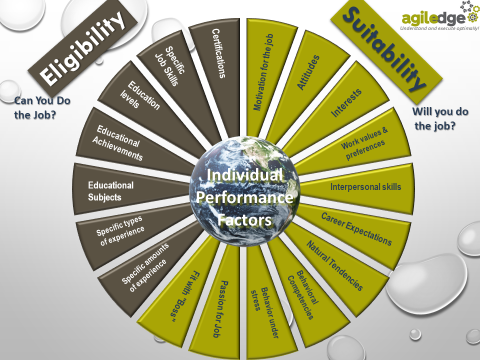


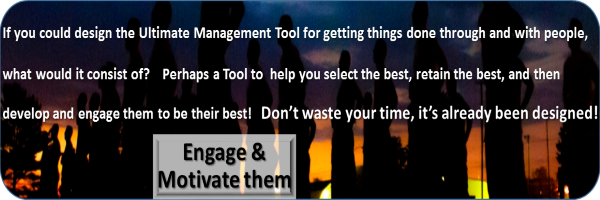
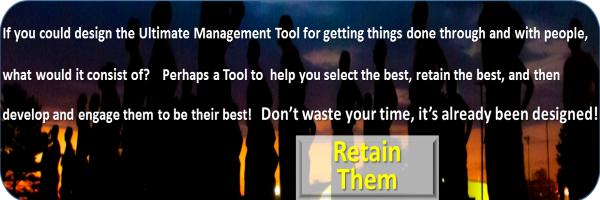
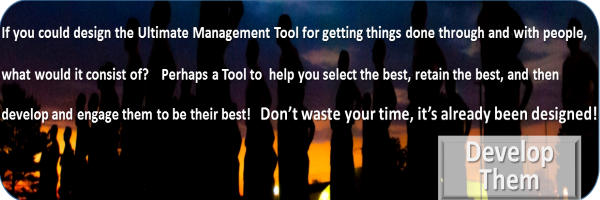




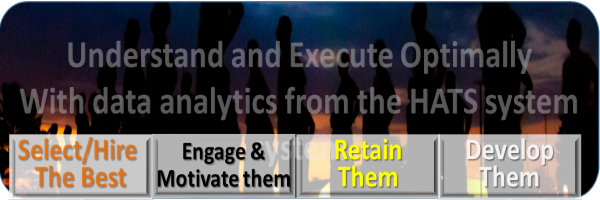







 One of the most difficult challenges managers face is choosing the right people and understanding how to get them to perform at their best. During the last 12 years of our experience, we have found no other tool except the Harrison Assessment that enables this kind of capability with incredible accuracy and insight.
One of the most difficult challenges managers face is choosing the right people and understanding how to get them to perform at their best. During the last 12 years of our experience, we have found no other tool except the Harrison Assessment that enables this kind of capability with incredible accuracy and insight.













